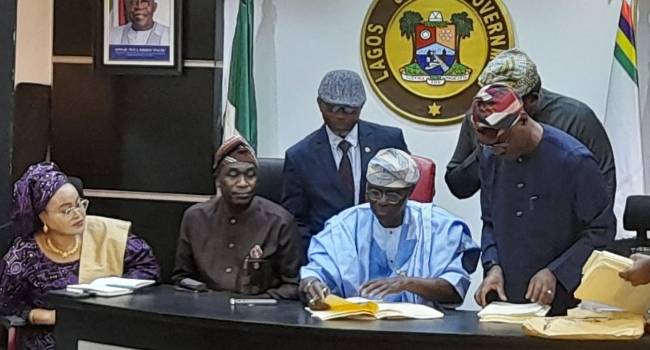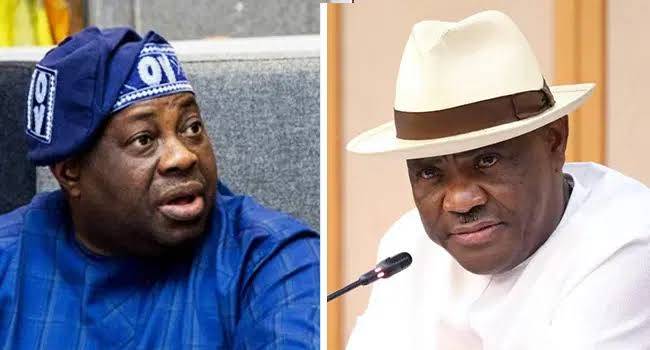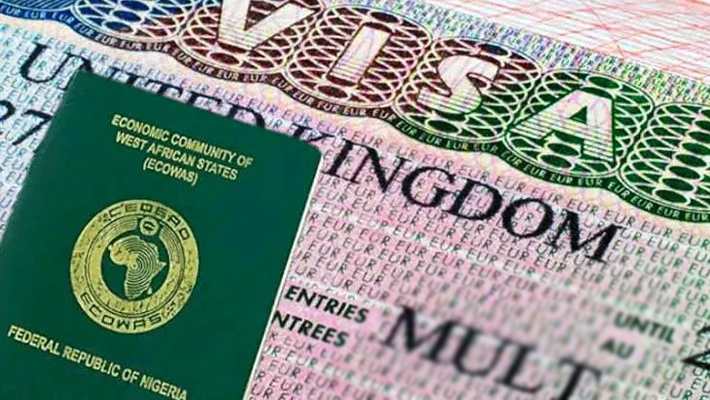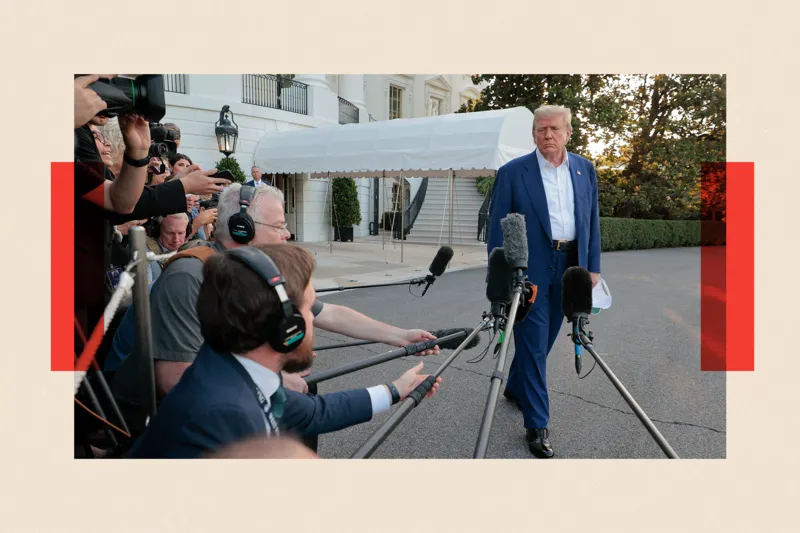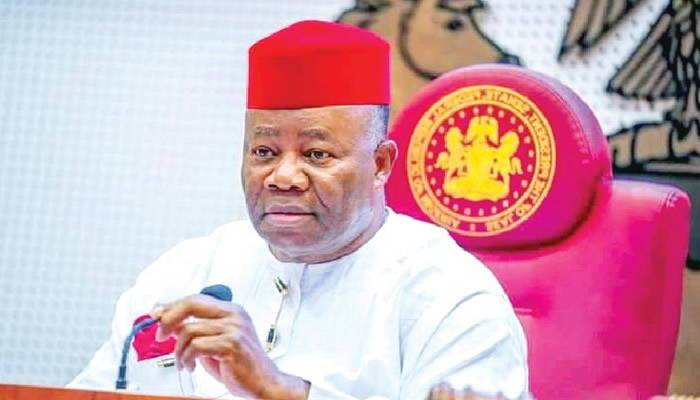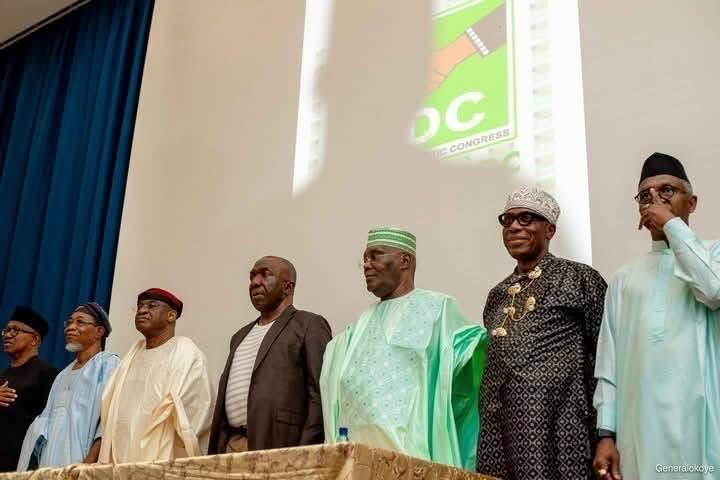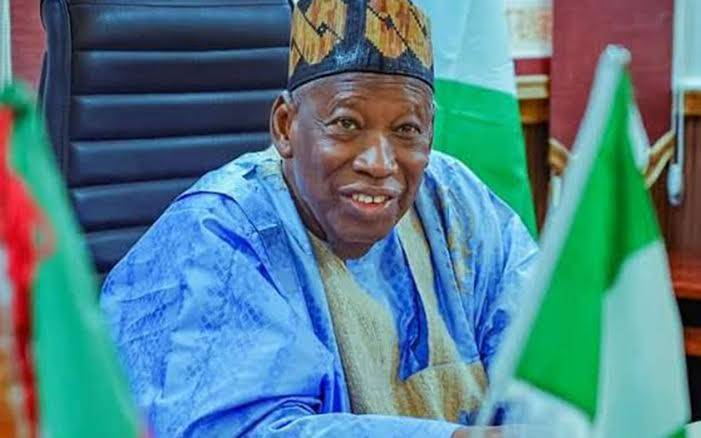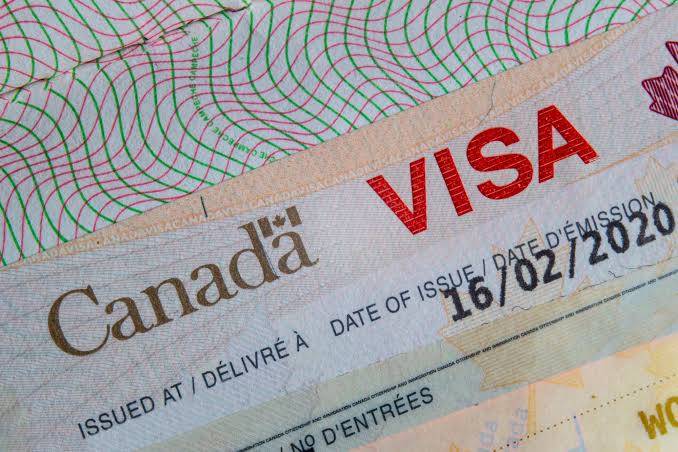Lagos State Governor, Mr Babajide Sanwo-Olu on Thursday signed into law a budget estimate of ₦3.366 trillion for 2025.
Governor Sanwo-Olu gave his assent at Lagos House, Alausa, Ikeja few days after the state assembly certified the appropriation bill following a thorough legislative review.
The budget tagged ‘Budget of Sustainability,’ aims to address infrastructure, economic diversification, and other critical sectors in the state.
Governor Sanwo-Olu commended the Speaker of the Lagos State Assembly Mudashiru Obasa and the entire leadership of the House for the prompt passage of the budget.
He assured that the state government will not fail in its part to live up to the responsibility of delivering governance to the people at all times.
Sanwo-Olu charged the civil service and all other concerned stakeholders to deliver an impressive level of budget implementation in 2025.
The Lagos State Commissioner for Economic Planning and Budget Ope George said the historic budget underscores the state government’s commitment to prioritizing infrastructure with 62% allocated to capital expenditure and 38% to recurrent spending.
According to him, the allocation represents the government’s focus on driving long-term investments while maintaining efficient delivery of essential services.
The revenue framework, which projects ₦2.342 trillion from total internally generated revenue and ₦626.137 billion from federal transfers, is anchored on innovation, accountability, and fiscal sustainability. A deficit financing of ₦398.662 billion has also been carefully structured to ensure financial prudence.
The Chairman of the House Committee on Budget Sa’ad Olumo said the 2025 budget looks into the development of the state including electricity, road infrastructure, and education development, among others. He said these will address the needs of Lagos residents.
Governor Babajide Sanwo-Olu had on November 21 presented a budget estimate of N3,005,935,198,401 to the Lagos State House of Assembly.
Barely two months after the presentation, Governor Sanwo-Olu has now signed it into law.


